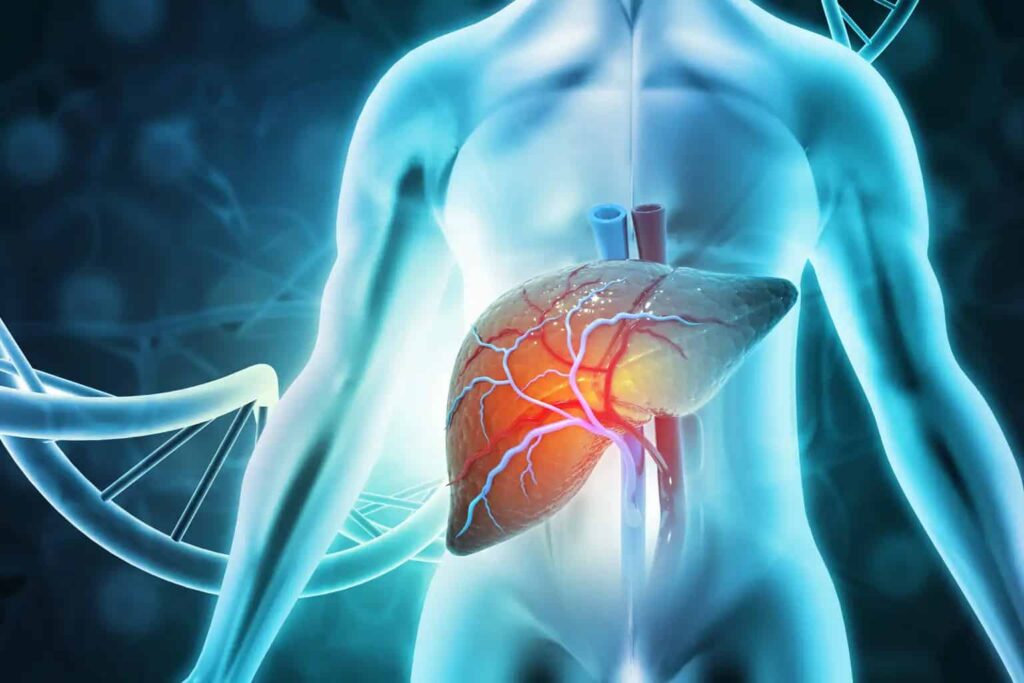
Liver-Function-Test
Alcohol plays a significant role in many social and cultural settings. From celebratory toasts to casual dinners, it is a common part of life for many people. While occasional drinking may not be harmful for most healthy adults, frequent or excessive alcohol consumption can pose serious risks, especially to the liver. The liver is your body’s main detox organ, responsible for breaking down and eliminating toxins, including alcohol. When overburdened, it can suffer long-term damage that may lead to serious health conditions like fatty liver, hepatitis, or cirrhosis. Fortunately, it’s possible to enjoy alcohol responsibly while protecting your liver. This article explains how alcohol affects the liver, offers practical strategies to maintain liver health, and provides tips for making informed lifestyle choices.
How Alcohol Affects the Liver
When you consume alcohol, your liver processes nearly 90% of it. The liver breaks alcohol down into acetaldehyde, a toxic compound, before converting it into a less harmful substance and eliminating it from your body. However, if you drink heavily or frequently, your liver can’t keep up, allowing toxic byproducts to accumulate. Over time, this can cause inflammation, scarring, and even permanent damage.
Common alcohol-related liver conditions include fatty liver disease (where fat builds up in liver cells), alcoholic hepatitis (inflammation of the liver), fibrosis (scarring of liver tissue), and cirrhosis (severe and irreversible liver damage). These conditions can progress silently and often show symptoms only when the liver is already significantly damaged.
Understanding Safe Alcohol Limits
To protect your liver, it’s important to follow recommended alcohol consumption guidelines. According to health experts, moderate drinking means up to two standard drinks per day for men and one for women. A standard drink typically includes 12 ounces of beer (5% alcohol), 5 ounces of wine (12% alcohol), or 1.5 ounces of spirits (40% alcohol). These guidelines are not one-size-fits-all—individual factors like body weight, age, metabolism, and overall health can influence how alcohol affects you.
It’s also worth noting that some individuals should avoid alcohol entirely, especially those with liver disease, a family history of liver conditions, or people taking medications that are processed by the liver.
Practical Tips to Protect Your Liver While Drinking
Know Your Limits and Avoid Binge Drinking
The first step in balancing alcohol with liver health is self-awareness. Track how much and how often you drink. Avoid binge drinking, which is defined as consuming five or more drinks in two hours for men, or four or more for women. Binge drinking is particularly harmful to the liver and increases the risk of long-term damage.
Stay Hydrated
Alcohol dehydrates your body, including your liver. Drinking water before, during, and after alcohol consumption helps your liver flush out toxins and reduces the harmful effects of dehydration.
Take Breaks from Alcohol
Giving your liver time to recover is crucial. Incorporate alcohol-free days into your weekly routine—ideally at least two or three days. These breaks help reduce your overall intake and allow your liver to heal and regenerate.
Eat Before You Drink
Drinking on an empty stomach causes alcohol to be absorbed more quickly into your bloodstream, putting extra stress on your liver. Eating a balanced meal with healthy fats, fiber, and protein can slow down alcohol absorption and ease the burden on your liver.
Avoid Mixing Alcohol with Medications
Many medications, especially painkillers like acetaminophen (paracetamol), can harm the liver when combined with alcohol. Always check with a healthcare provider before drinking if you’re taking medication.
Choose Lower-Alcohol Options
You can enjoy social occasions without overburdening your liver by choosing drinks with lower alcohol content. Light beers, wine spritzers, or cocktails diluted with soda water are better alternatives to stronger drinks or high-proof spirits.
Supporting Liver Health Through Diet
Beyond moderating alcohol, you can protect your liver by eating foods rich in antioxidants, fiber, and healthy fats. Leafy greens such as spinach and kale help detoxify the liver. Garlic contains sulfur compounds that activate liver enzymes, while beets are loaded with betalains—antioxidants that support liver function. Fatty fish like salmon provide omega-3 fatty acids, which reduce inflammation in the liver. Green tea is rich in catechins, known to support liver health, and studies have even shown that moderate coffee consumption may reduce the risk of liver disease.
Get your CBC blood test report online
Vitamins like C, E, and B-complex are also essential for liver function. Some people take herbal supplements like milk thistle for liver support, though it’s important to consult a doctor before adding any supplement to your routine.
Recognizing Early Warning Signs of Liver Trouble
Liver disease often develops quietly, with few or no symptoms in the early stages. However, some signs may indicate that your liver is under stress. These include fatigue, yellowing of the skin or eyes (jaundice), swelling in the abdomen or legs, dark urine, and persistent nausea. If you notice any of these symptoms, it’s important to consult a healthcare provider. Routine liver function tests can also help detect issues before they become serious.
Book a liver function test today
Final Thoughts
Balancing alcohol consumption with liver protection doesn’t mean giving up alcohol completely. It means drinking mindfully, respecting your body’s limits, and adopting habits that support liver health. By staying hydrated, eating well, avoiding binge drinking, and taking regular breaks from alcohol, you can enjoy life while preserving your liver’s function.
Check your latest lab report online
Your liver is one of the most resilient organs in the body, but it needs your support to stay healthy. With the right knowledge and choices, you can enjoy social drinking while protecting one of your most vital organs.





